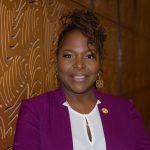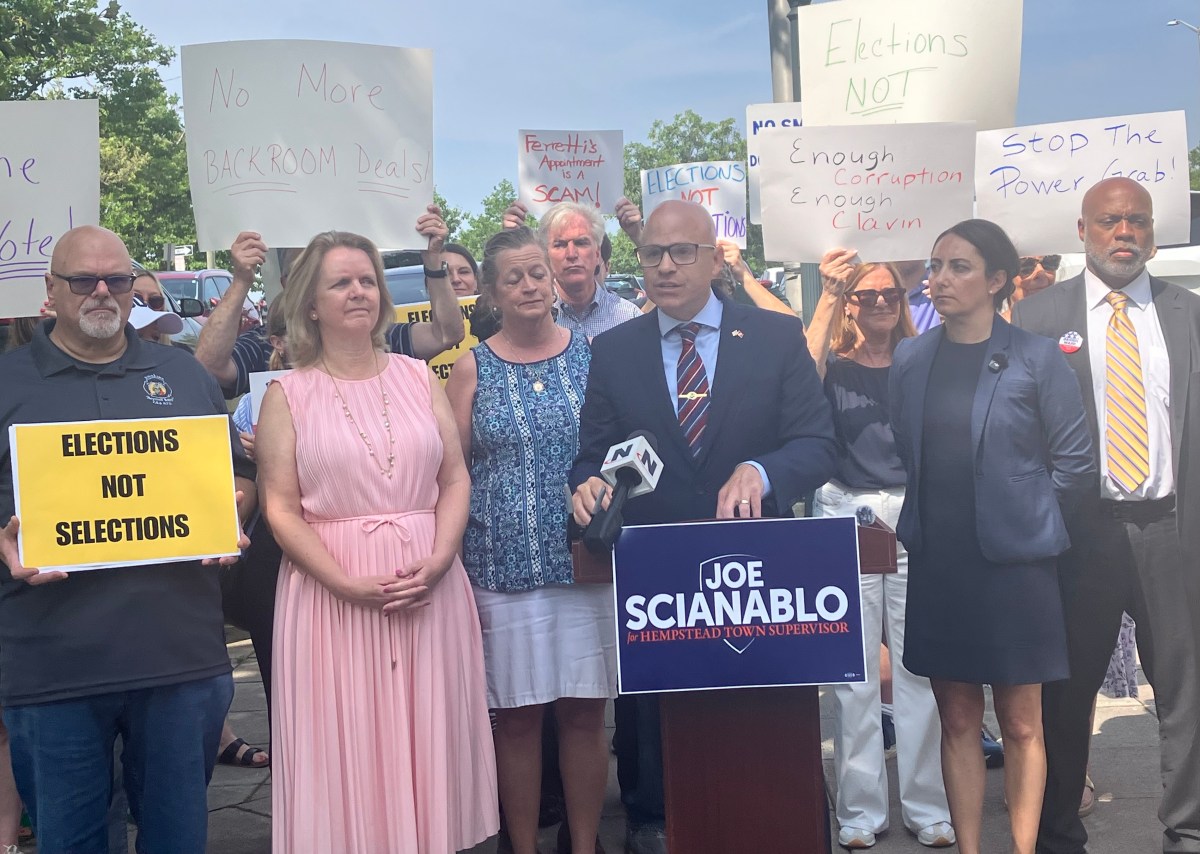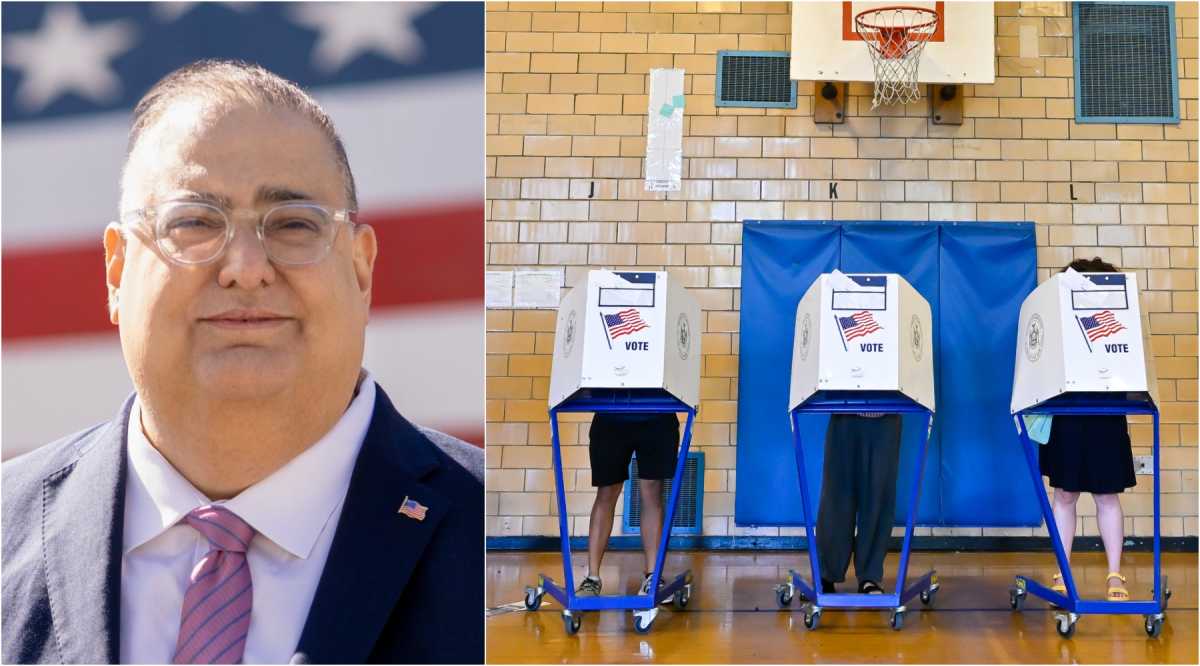During this coronavirus pandemic, scores of the dead are coming from nursing homes and rehabilitation centers.
While it is understandable that the elderly by nature of their age likely had pre-existing conditions, there have been longstanding issues regarding notification of family, personal protective equipment (PPE) for workers and communication with government.
Thus KCP put the following question to the two candidates – Stefani Zinerman and Justin Cohen – running in the upcoming 56th Assembly District Democratic Primary on June 23. The district includes Bedford-Stuyvesant and Northern Crown Heights.
Given that the NY State Department of Health is the regulatory government body overseeing all nursing homes, what kind of legislation and/or measures concerning nursing homes would you advocate for as a state assembly or senate member?

Justin Cohen: (From Cohen and his team): “To make sure we addressed your questions fully, we consulted with public health and nursing home policy experts across New York and other states. Building from the strong recommendations of Dr Charlene Harrington (UCSF), who is advising several governors on their response to the crisis, we created a list of policy recommendations on the topic, which we’re attaching to this email as a PDF.
“In short, it’s impossible to ignore the face that nearly one-fifth of all COVID-19 deaths are nursing home residents, with over 2,000 nursing home deaths in the city alone. The state must give the highest priority for PPE deliveries to nursing homes, alongside hospitals, while establishing daily health screenings for all residents and staff of nursing facilities. There should be mandatory COVID testing for all staff and residents at any site where there has already been an identified case. The state should enforce transparency standards that allow the public to know where outbreaks are occurring, and the department of health must also designate resources for all nursing homes to have a full-time RN infection preventionist until the crisis is over.
“Finally, because COVID-19 will be an ongoing threat to seniors until a vaccine is developed, New York should establish a statewide Pandemic Compliance Office within the Department of Health. This office would have robust enforcement powers to ensure nursing homes, especially for-profit ones, are safeguarding residents’ health and not prioritizing profits. The office would have the power to issue letter grades to facilities, while also having the authority to conduct surprise inspections to assess pandemic preparedness.

Stefani Zinerman: “As the Chair of the Age Friendly Neighborhood Initiative of Bedford Stuyvesant and Crown Heights, there are a number of measures that I would employ as the next State Assembly Member to protect older adult residents in nursing homes located in the 56th District and throughout New York State, including but not limited to the following proposed legislation:
- Empower the Commissioner to place into immediate receivership any facility found to be negligible, after a violation has been reported, investigated and a cure is not found, for any of the following violations: a) physical, mental and emotional abuse and /or confinement, b) poor quality of care including inadequate personal hygiene and/or slow or no response for assistance, and c) violation of residents’ rights and dignity.
- Strengthen regulations to address five primary areas: a) emergency plans, b) facility procedures, c) communication plans, d) training and testing, and e) emergency power systems. Additionally, we should add two other provisions including require contractual arrangements for evacuation procedures (i.e.,contract with other facilities for housing residents and/or transportation companies to ensure safe and swift evacuation, and the inclusion of nursing homes in the district-wide emergency preparedness plan to ensure that government, local stakeholders and families are aware of the information and are able to access it and act upon it in case of an emergency, disaster, and/or pandemic.
- Require the Commissioner of Health to mandate the New York State Ombudsman to include in the Long Term Care Ombudsman Program (LTCOP) annual report details of resolutions they have put in place after responding to complaints. The report would list the complaints by region and by facility to ensure that families/consumers can make informed decisions when choosing a facility for loved ones and facility operators who have addressed violations are not penalized by negative ratings and/or reviews.
- Institute a rating system for Nursing Homes using guidance from the federal Older American Act regulations and State adopted LTCOP policies for quality care to alert the public about a facility’s ability to comply with the law. The system would provide a numeric value based on the following attributes: physical appearance, safety, cleanliness, daily living and socialization, healthy food and dining options, room assignments, medical care and nursing, special therapies and treatments for Alzheimer’s disease and other dementias, mental illness, intellectual disability and developmental disability services, pastoral care, personal property protection, affordability/financial arrangement, service delivery, staffing and Active Ageing programs.
- Require the New York State Ombudsman to work with local municipalities to recruit and train volunteers from the age friendly neighborhood programs to become LTCOP volunteers. Volunteers and other local stakeholders would have the ability to support, monitor and report the status of local nursing homes.
- Require the federally mandated resident councils to submit the minutes of their meetings to the Assembly Member and to issue an annual report to the public and elected leaders on resident participation on the Council, policies implemented, grievances reported, and issues resolved.










